For the next few weeks, Dot Esports is profiling women working behind-the-scenes in esports. Each woman is an expert in her field, whether it’s navigating an emerging sector of the law, building out branding for their organization, or putting together some of the biggest esports events of the year. We’ll post a new profile each day, covering the women’s unique experiences in the esports industry.
Working with clients like Team Liquid, Fnatic, Splyce, and G2 Esports, The Story Mob is a powerhouse team of industry leaders. Nicola Piggott, Anna Rozwandowicz, and Kalie Moore co-founded the communications consultancy firm in February 2018 with a key idea—tell stories that capture the essence of esports’ rich competitive legacy.
Each joined The Story Mob from a different area of esports: for Moore, she joined from BITKRAFT; Piggott left Riot Games’ communication team to start the company; and Rozwandowicz formerly worked as VP of communications and PR at ESL.
“We started The Story Mob because we believe that esports fans are the most valuable fans in the world, and that there is a lot of misconceptions and misunderstandings arising when brands try to enter/activate in the space, which results in sub-optimal communication with the fans,” Rozwandowicz said. “We help our clients navigate the complex esports ecosystem with strong communications on all fronts, which in turn helps them successfully articulate their values—and hopefully, leads fans to embrace them. Communication is at the core of everything that happens around us—whether we’re aware of that or not, everyone communicates all the time. It’s the Mob’s mission to help make esports communications truly genuine and effective. “
For our Women of Esports series, we spoke to Piggott, Rozwandowicz, and Moore about the importance of communications in esports.
This interview has been edited for length and clarity.
Tell me about how you started The Story Mob.
Nicola Piggott: We started comparing notes and comparing frustrations on how difficult it was to find independent PR and communications groups that not only knew the esports industry well but had experience in it. We both worked with groups who were either big consumer teams whoad great skills but who didn’t understand the esports market and didn’t have the final dedication to learn it, or groups that concentrated in gaming, but lacked a few of the core skills even though they understood the market a little better. We realized we shared a lot of the same goals. We wanted to work across lots of different types of esports brands and to make communication better in the industry across the board. That’s when we started talking about forming our own shop and that’s when The Story Mob started to take form. We met Kalie Moore, our third partner about six months before we launched publicly. We realized, again, we shared a lot of the same goals and she was in a very similar position.
Anna Rozwandowicz: [We] wear many hats—from communication strategy development and execution for our clients, which is the core of our business, through business development and operations, such as accounting, hiring and marketing for the Mob. During the first year of our operations, I have come to learn (and love!) a ton about all aspects of running a business. I always enjoyed building things from the ground up, starting from scratch and working on fitting all pieces together. I have had plenty of opportunities to hone those skills. During my time at ESL, I have volunteered to lead a couple of great projects, including helping set up the AnyKey initiative, or the Esports Integrity Coalition. I’m at my strongest when I am left with a problem and a deadline—working under pressure motivates and challenges me, and thankfully I’ve had a great deal of that since the start of the Mob.
Can you walk me through your day?
Rozwandowicz: There’s no such thing as a “typical day” at The Story Mob, and that’s actually my favorite part of the job. While I can plan many things that have to do with clients and the work we do for them, everything else is moving and changing constantly. I’ve learned to embrace those uncertainties, rather than trying to schedule them in and freak out when they derail. Because I live in Amsterdam and have to split my time between the CET and PT time zones, I tend to start later in the day and work till late in the night. I usually start with all that needs to happen in Europe and for European clients, and move on to working on our North American-focused projects, so I can catch as large part of their working day as possible.
Any day can be a mix of client briefings, developing comms bits, building strategic comms plans, media outreach, getting new business in and ticking off boxes on the never-ending list of things like financial reporting and planning content for the Mob. Our team is truly global and flexible, so there’s a ton of freedom for everyone in how they want to divide and tackle their work tasks. We’ve gotten very efficient and effective at communication between us, which really helps drive international projects forward 24/7 and keeps us agile.
Piggott: We work across different continents. Normally, my day in L.A. starts with a catch up either with a European-based client or with my Europe-based partners just to make sure we’re all on the same page and that we are sharing our priorities for the day and week, or we’ll have a call with our lawyer or accountant to deal with a Europe-based query. Then, it depends. If I’m here in L.A., my day is normally spent here meeting with different clients. One of my key clients is Team Liquid who have a training facility in West L.A. I try and spend one day a week there.
It might be a day that I’m doing that and meeting with a couple of the folks over there just to make sure I’m on top of all the projects that we’re working with them on. Team Liquid is a really great partner in a sense that they really integrated us into our workload. We don’t get called in at the last minute on projects, which often happens when you’re an agency, or any kind of consultant really. That’s the constant lament is that you’re seen as a small sliver of the picture. We’ve been really lucky in that we have clients that really believe in partnering with us from the beginning. I also travel to meet with Riot who we work with here in L.A. and well as E.U.
Why is your job important in esports?
Moore: I would like to answer that in two different ways—why our job is important for the mainstream and why our job is important for esports, in general. For esports in general, I think when you have good storytelling, like what the Player’s Tribune does, where you really can like a get a look into the player’s psyche and find out what drives them from that perspective, I just think that makes a sport or a form of entertainment so much more interesting. People want to connect to other humans and they connect to human stories and being able to tell that human story I think is a big deal and I think it helps fans become more engaged. From a mainstream perspective, when I first started working in esports, I remember I was pitching a Bloomberg journalist who was a friend of mine about esports and I wrote what I thought was this beautiful pitch telling him all about why this matters and he just wrote back one line and he said, “what is esports?” and so I actually wrote a whole white paper, “Esports 101” which is still getting widely downloaded on The Esports Observer today.
Rozwandowicz: We started The Story Mob because we believe that esports fans are the most valuable fans in the world, and that there is a lot of misconceptions and misunderstandings arising when brands try to enter/activate in the space, which results in sub-optimal communication with the fans. We help our clients navigate the complex esports ecosystem with strong communications on all fronts, which in turn helps them successfully articulate their values—and hopefully, leads fans to embrace them. Communication is at the core of everything that happens around us—whether we’re aware of that or not, everyone communicates all the time. It’s the Mob’s mission to help make esports communications truly genuine and effective.
Another big goal we have for the Mob down the road—one that I’m personally very excited about—is to build initiatives that increase female participation in esports and gaming. As one of the few women in a leadership position in esports, I’ve seen first-hand how discouraging can it be for a woman to try to break through in our industry. Female participation in esports is a very complex issue that needs to be addressed at multiple levels simultaneously, but one of the issues we see is the constant lack of accessible role models. I know there are many wonderful female leaders in esports—many are portrayed in this series of interviews—who give back as much as they can, and I’d love to see that number of mentors grow and expand to the point where we’re able to help every woman who loves esports, find her place in the industry. I think one way to do that is through hands-on programs that focus less on describing and exploring the issue and instead, through practical engagement (mentoring, workshops, internships), equip women with the tools and skills necessary to be successful in their line of work. I definitely want to see the Mob help drive that at some point.
Piggott: Esports is in a unique position. Esports is A, a sport born into a post-internet world, and B, is shaped around fan experience more so than any sport, I think we’ve seen in our lifetime or we’re likely to see. The fact that esports is so connected to an audience which in turn is so connected makes communication more important than any sport that we’ve seen.
It means that whether you’re an org, whether you’re a team, an individual, a pro, or a publisher (we work across all of those categories) speaking to esports fans and speaking about esports to more mainstream audiences has some critical elements that you need to get right in order to be effective. You cannot stay hidden. You need to be authentic. You need to understand your subject matter, and you need to master what are essentially double languages. We’re talking about multiple sports under one heading.
What’s your advice to folks looking to get a job like yours?
Rozwandowicz: I’d start with taking a step back and really trying to get a crystal clear vision of what is it exactly that you want to do in esports. In my line of work, I (almost daily) meet people who “want to do something in esports”, but when pressed for “what exactly?”, they don’t have a clear answer. I see that especially now that we’re aggressively hiring for the Mob, and a lot of candidates show a ton of passion and experience in esports from the player/fan-perspective, but aren’t able to articulate what exactly can they contribute to our business with their current skill set and professional experience. Despite the passion for esports so many people have, it’s impossible for any company to hire someone who “wants to do something in esports”, but can’t back it up with real skills and experience gained.
Esports communications as a profession took off about 5-6 years ago, when we’ve reached a tipping point that required all stakeholders to figure out a ton of things at once, communications and PR included. When you look at any other industry, you will see at least a decade of experience to tap into and learn from. In esports, almost everything has been figured out as we moved along. That’s both a challenge—because there’s still relatively little to look back at for examples and best cases—and an opportunity—because so many can be shaped and defined by…you.
As with anything you really want in life, you have to work harder than anyone else and never give up. It sounds almost too simple but so many people forget that talent and passion are not much if you won’t put in the hours.
Finding a mentor is definitely something I’d recommend. I was very lucky to have had an absolutely wonderful female mentor for the past three years, and she helped me figure out that climbing a ladder in a corporate world wasn’t for me, and I should start a business instead—this is also the main reason I truly believe that having access to people who can provide you with a hands-on, practical career advice, can be a game changer for so many women.
Moore: Just start doing it. Like, when I was growing my freelance business in Berlin prior to esports, I did a lot of work—I’m not saying do work for free, but I lowered my rates in order to experiment, take risks and building my portfolio along the way, which I saw as an investment. We get a lot of resumes of people who really like gaming but have no experience. We are lucky to be in an industry, which has an easy barrier to entry. You can create your own blog where you’re writing esports content or you can create your own videos where you’re analyzing a specific match. Showcase your work on your own platform and build your portfolio.
I also think that having great mentors is really invaluable. Don’t hesitate to ask people to go have a coffee or for a quick call and also, be very specific in those emails. We get so many emails of people saying, “I want to pick your brain.” If I got an email saying, “Hey, this is what I’m currently doing and this is the type of job I’m looking for. I want ask you X-Y-Z. “ I’d be much more likely to respond.
Why is it important for women to be involved in all aspects of esports?
Piggott: It’s funny. When I first worked for Sega, they used to call PR in gaming the ‘pink ghetto’.. It’s one area in gaming where I think the gender representation, at least in the agency world, is much more balanced. Right?
While I don’t think we deserve mass congratulations for being women in communications, which again tends to be more gender based, I do think that setting up our own company as a female led group is something, at least personally, that I’m proud of. I think within eSports, I have been spoiled. I know women working across multiple different facets of the industry, int leadership, publishing, tournament organizers, team managers. I tend to think that we don’t necessarily always recognize the women that are making strides and make a difference in esports.
With that said, there’s no secret here that it’s still a very gender imbalanced industry as a whole. While I’m reluctant again to accept too many congratulations for being women and having a company, my hope, at least when we first launched, was actually relatively honed by a lot of the outreach that we got from women who are either trying to set a foothold in esports or still in college and thinking about a career in esports and saying that it was great and inspirational to see women so vocally setting up within this space.
That was really cool. I really appreciated hearing that. If we’re responsible for getting somebody to recognize the fact that there are possibilities out there regardless of your gender if you find them and maximize them, and make the most of the opportunities you’re given, then awesome.
Rozwandowicz: For the same reason it’s important to have that balance in male/female participation in all other parts of life. What’s the point in excluding half of the world’s population from anything? Women hold over 80 percent of spending power in the U.S., are avid esports enthusiasts, and committed to being part of this industry just as much as men are. Any company, brand or organization that isn’t thinking of how to cater to this part of their audience, is missing out on so much!
Having a better female representation will help us build a better, more sustainable and agile industry. To truly grow esports, we need so much more than sponsorship money, rising viewership, and mega events—we also need leaders (for this and next generations), understanding how to spot and develop opportunities, and an inclusive and supportive environment that attracts talent on all levels.
What’s the landscape like now for women in esports?
Rozwandowicz: I think it’s incredibly exciting! The general awareness of the gender imbalance and lack of diversity in esports has skyrocketed—largely due to female role model speaking out about that, and initiatives like AnyKey (diversity initiative) and the Intel Challenge (female CS:GO tournament) popping up and staying for good. There has never been a better time for ambitious, talented women to take a leap and commit to a career in esports. In the end, what I think will make all the difference for women in esports are an inclusive work environment, strong leaders who can help them develop professionally and seize opportunities, and supportive peers.
I think that in general, there are so many opportunities for anyone willing to roll up their sleeves and work on a goal they’ve set for themselves. Esports is growing, and with that, the number of “regular” jobs available, will grow too. Like any maturing industry, we need accountants, lawyers, project managers, production and events specialists, hospitality and travel managers, and so many more! I believe that there’s a place for everyone in esports and it’s up to us—people already working in esports—to attract, develop and retain talent that will help us drive the growth of esports for years to come.
Moore: I think you look at how kids are being raised today versus how I was raised—I’m 32 years old—there’s already a shift. I think people, for the most part, are much more aware that gender is a social construct. I have a friend raising kids in Germany and they encourage their little girl just as much as they encourage their little boy to play with trains, or to play video games, and I think that’s already a shift that we’re just gonna see culturally and that’s going to continue. That’s going to bring in a new wave of, girl gamers from the early stage, it’s just a matter of time. I think the more we see women in these roles, the better. The more we see women in strong leadership roles, the more realistic it becomes for other women.


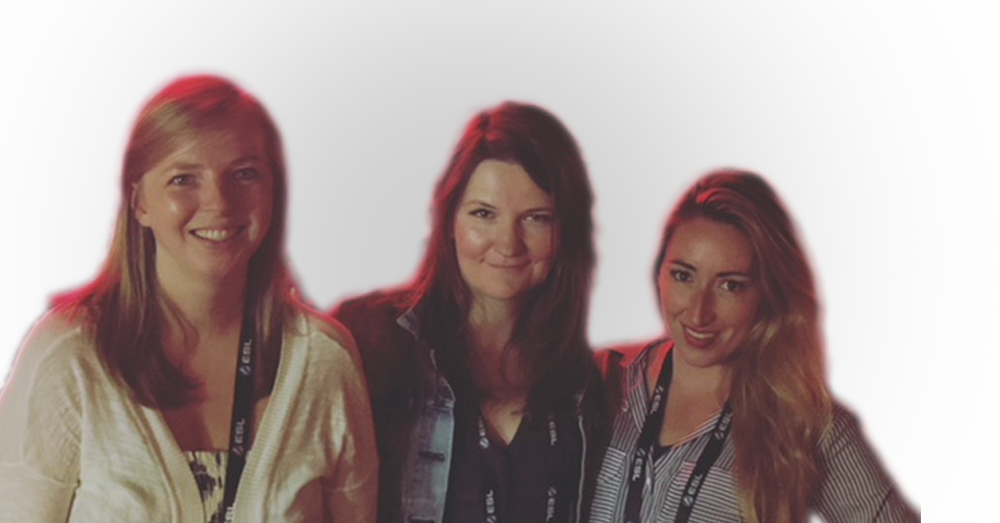



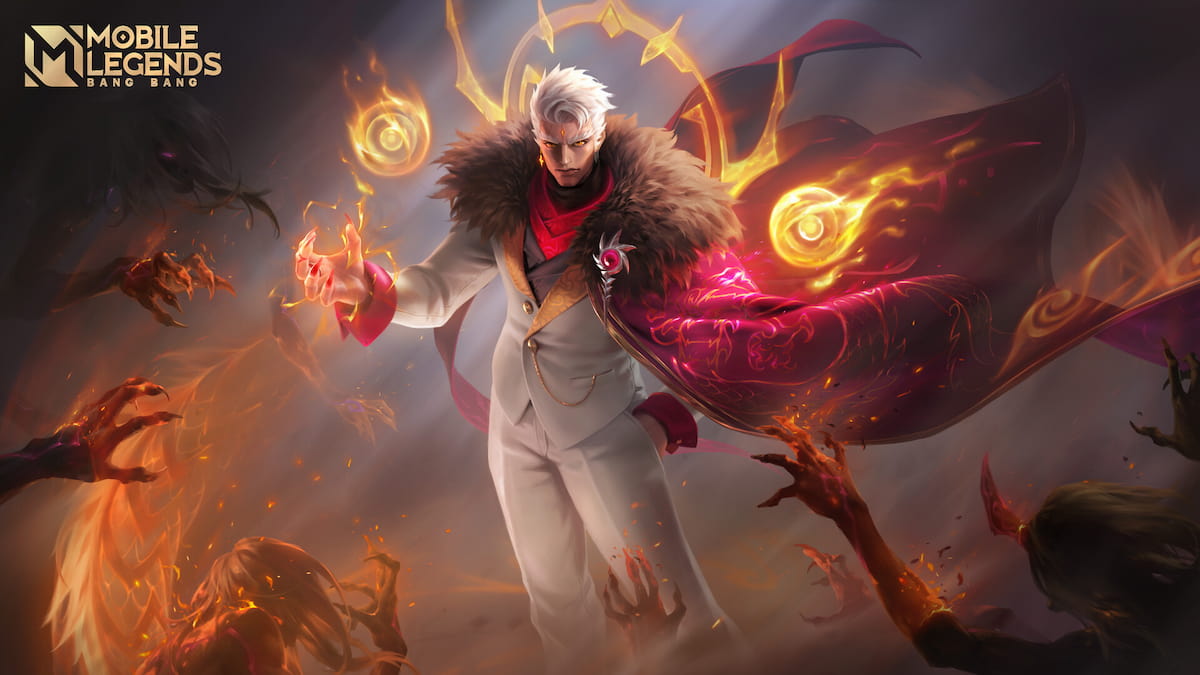
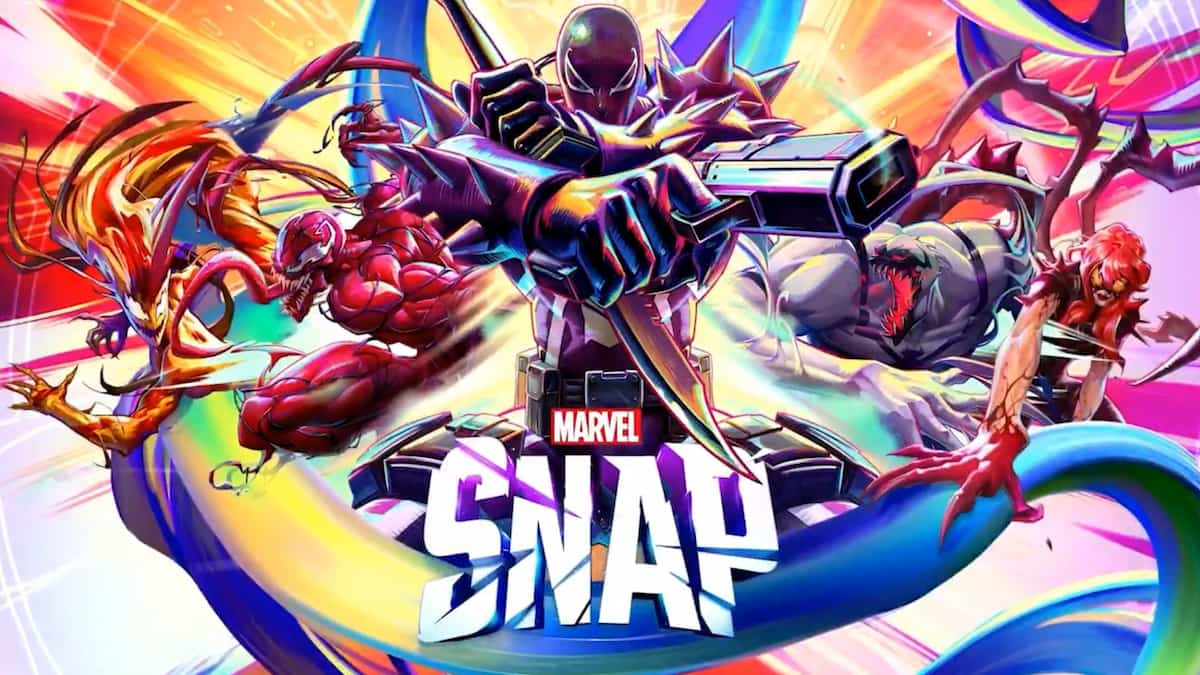


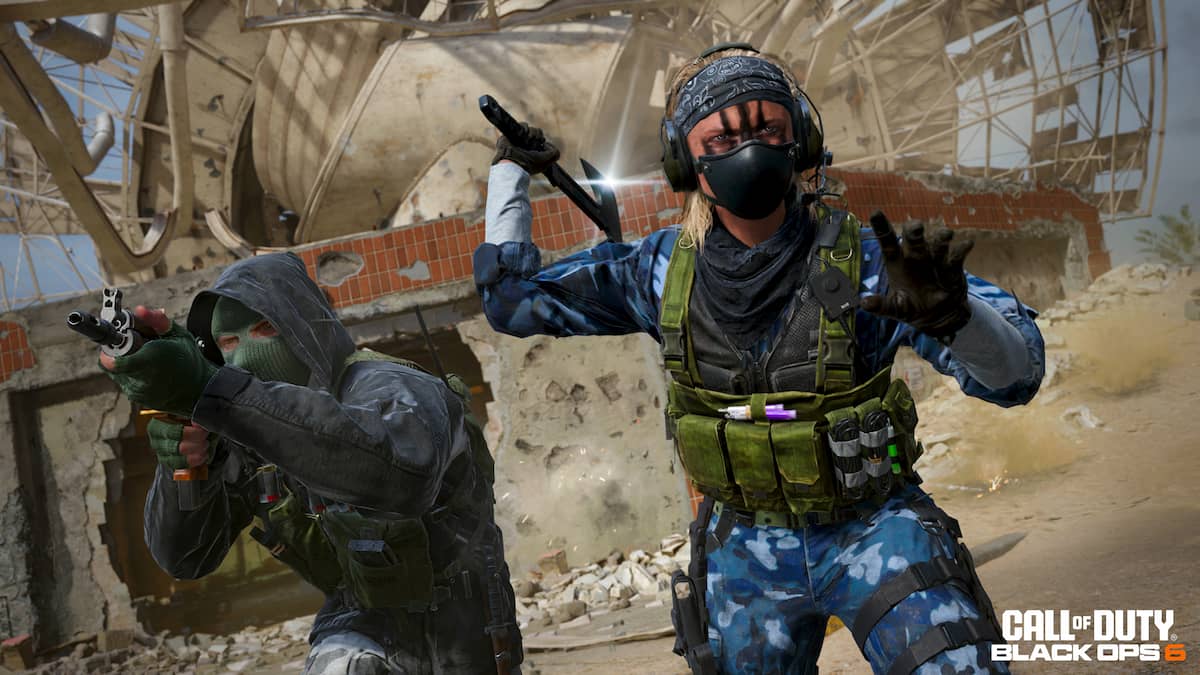
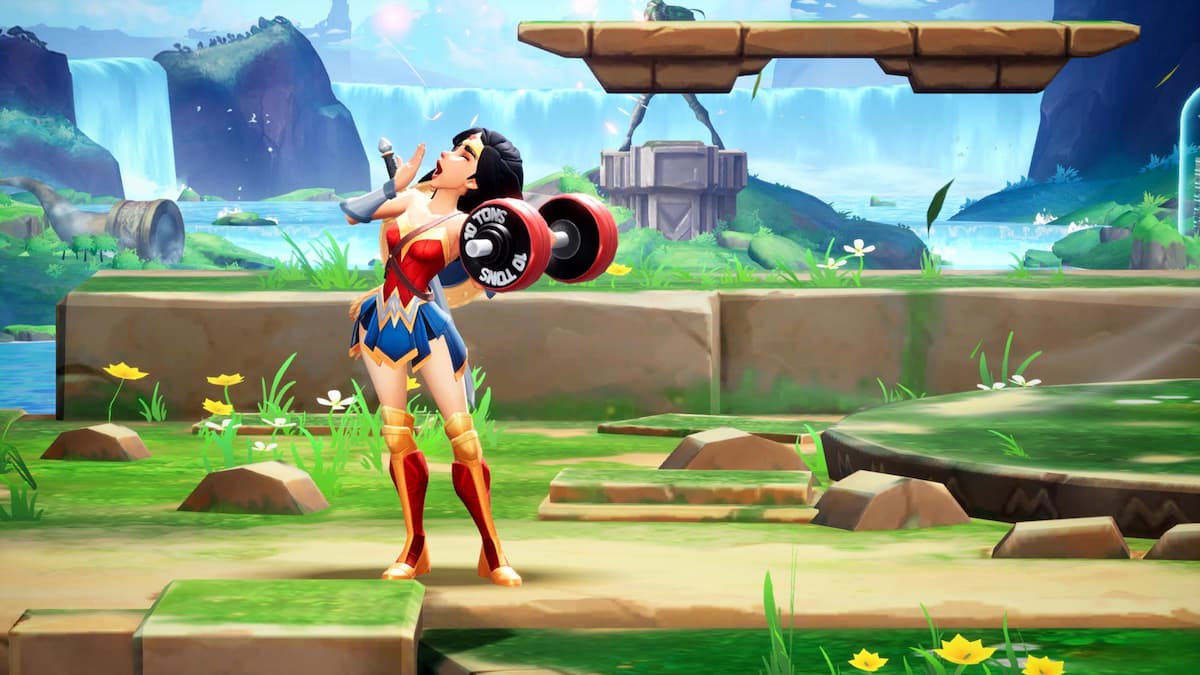
Published: Jan 3, 2019 02:00 pm